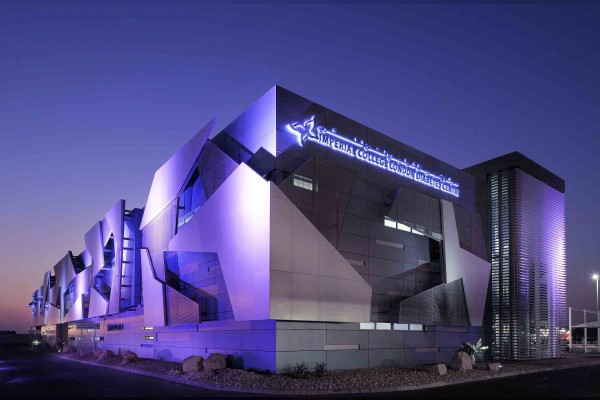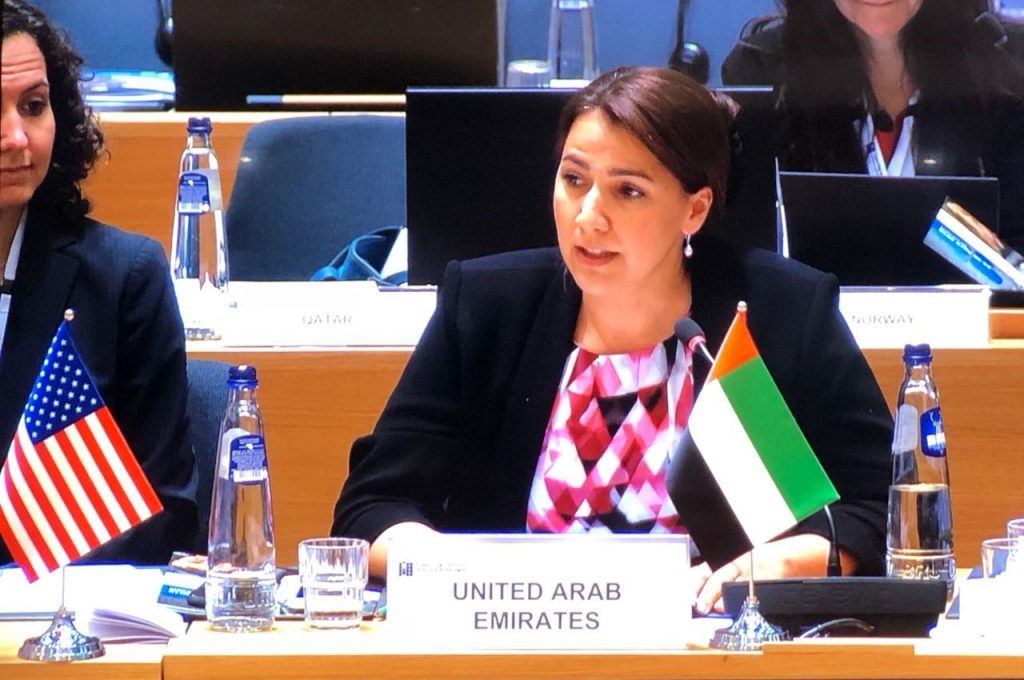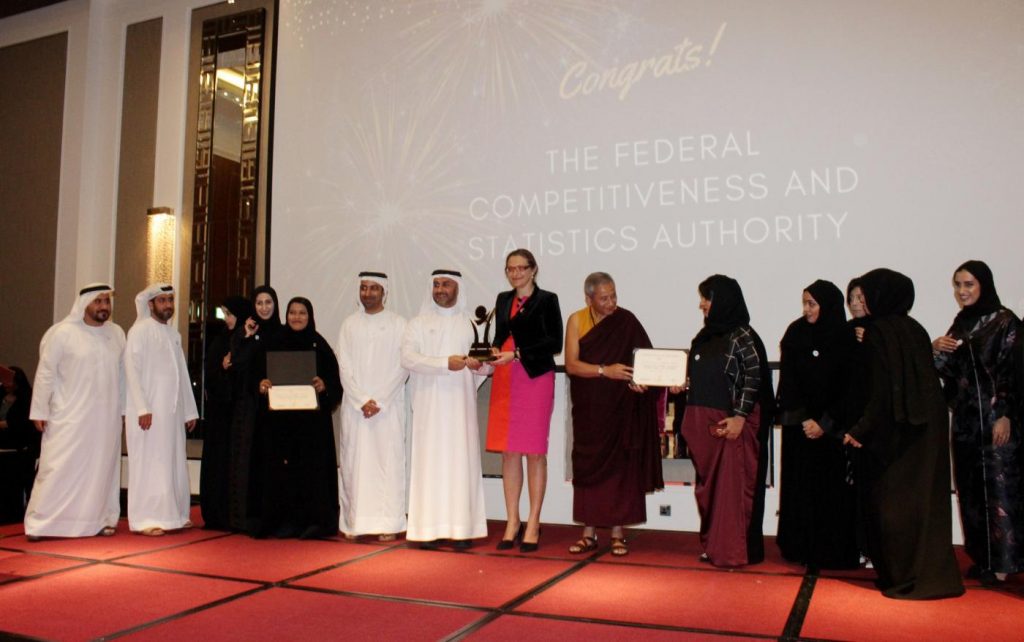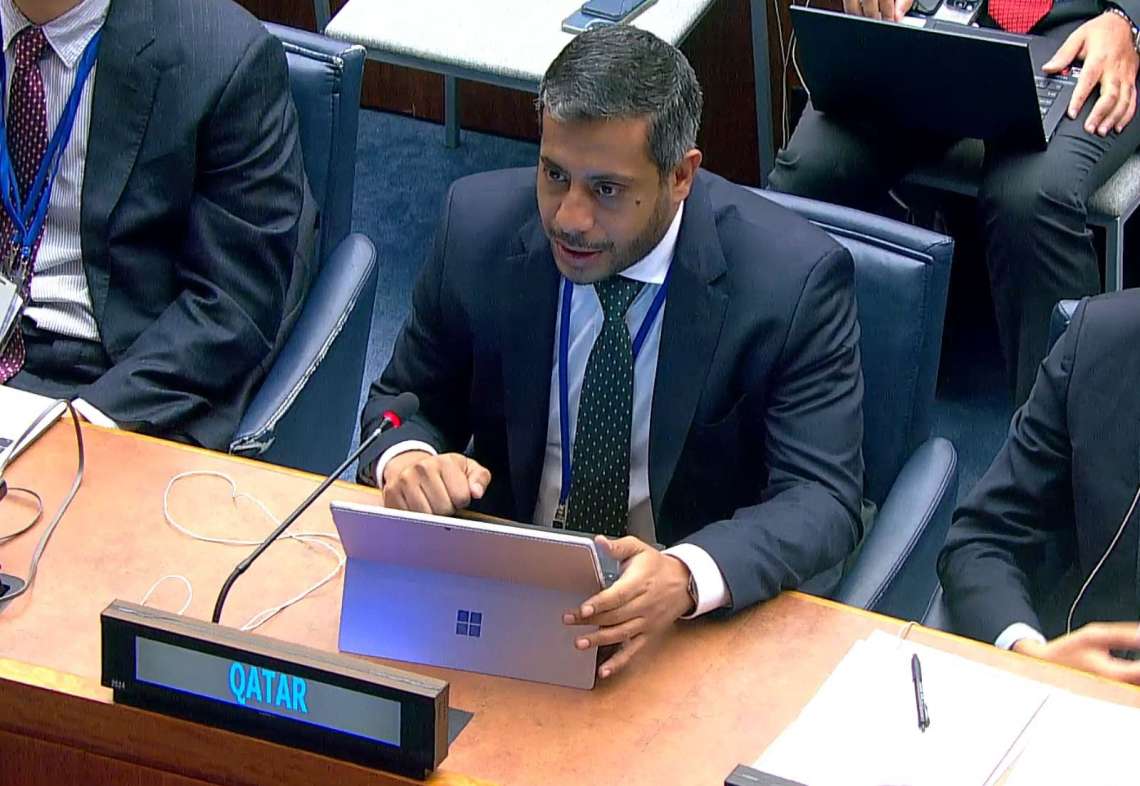New study by Imperial College London Diabetes Centre analyses impact of Ramadan fasting on energy consumption … reports Asian Lite News.

A study carried out by scientists at the Imperial College London Diabetes Centre has revealed that fasting during the Holy Month of Ramadan has no significant impact on the resting metabolic rate or total energy expenditure. The study further states that reported weight changes during Ramadan as indicated by other studies could be due to variations in food intake.
The study, published in the prestigious American Journal of Clinical Nutrition, looked at 29 healthy non-obese volunteers fasting during Ramadan and investigated the impact of fasting on their resting metabolic rate (RMR), activity levels and total energy expenditure. The study showed no statistically significant change in RMR and total energy expenditure, although activity levels and sleeping time were reduced during Ramadan.
A person’s RMR is the energy the body needs to perform the most basic functions when the body is resting, including breathing, blood circulation and essential brain functions. RMR is the primary factor used to calculate the amount of calories a person burns every day and is influenced by weight, gender, age and body composition.
The practice of fasting during Ramadan is observed annually by a majority of the over 1.6 billion Muslim population worldwide. This involves abstinence from eating and drinking between dawn and sunset for a whole lunar month and represents a major shift from established routines and normalcy, resulting in associated changes in several hormones, sleeping times and patterns. As such, most healthcare professionals including physicians and dieticians are likely to see patients needing advice on medical and nutritional aspects of the Ramadan fast.
Ramadan fasting is accompanied by a major shift from established normal routines, including meal times. Despite a severe daytime energy restriction, most people observing the fasting obligation do not lose weight, while those who do, tend to regain the weight shortly after Ramadan. Weight change is a net effect of the balance between energy/food intake and energy expenditure. Whether energy expenditure is affected by the Ramadan fast has not been previously explored in depth.
Dr Nader Lessan, Consultant Endocrinologist and Diabetologist at Imperial College London Diabetes Centre and lead author of the study, said: “This study is of particular relevance to millions of Muslims who observe Ramadan fasting. It will also have implications on diet plans that promote skipping and spacing meals. It has previously been demonstrated that acute starvation causes an increase in resting metabolic rate, raising the possibility that the same phenomenon may also occur in the context of intermittent fasting. Our study did not show any significant change in total and resting metabolic rate, although a reduction in activity and sleeping time were observed during Ramadan.
“The study implies that any expected reduction in weight and body fat tends to be offset by the increased food intake after Iftar and during the night. What surprised us was the dramatic reduction in sleeping time in some subjects. This emphasises the importance of self-control, not only at the time of the fast itself, but also at Iftar time, when all the tasty temptations are available. It also highlights the importance of regular exercise during Ramadan.”
Dr Lessan further noted: “This study improves our understanding of Ramadan physiology and can provide a better evidence base for our patient management, particularly those related to weight problems.”
He added: “Research is one of our main priorities at Imperial College London Diabetes Centre. We are pleased that an issue of such regional and cultural significance has found a place in a prestigious journal such as the American Journal of Clinical Nutrition. This implies that our research efforts here in the UAE will not only benefit our local community, but also reach a wider global audience and Muslims across the world.”
The study was funded by the Imperial College London Diabetes Centre, part of Mubadala’s network of healthcare providers.








